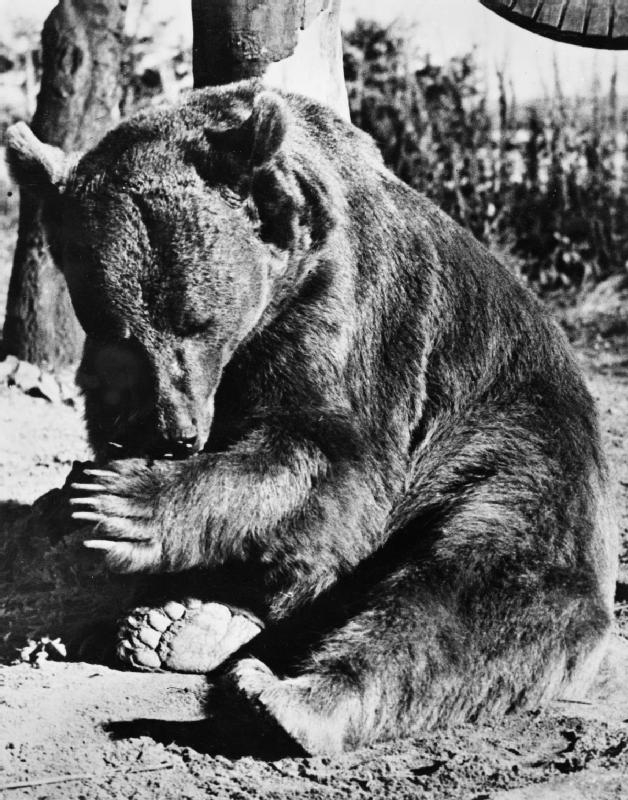© by Czesław Białczyński
© translation by Katarzyna Goliszek
I quote the following information with no comment. The latest work proves that I was right in ”Aurochs’s Book” („Księga Tura”) – the Slavic nations are not younger brothers of Celts, Greeks and Persians, but they are as old as them and they originate from the very heart of Europe, which they just called a Land – from the Vistula and the Danube Rivers. They did not come suddenly from nowhere, ready for confrontation with the Celts, the power of Rome and Byzantium or with the Scandinavian-Germanic nation. Nor did Slavic people multiply very fast, faster than other nations in the way rabbits multiply, just to tame and colonise nearly all Europe and half of Asia (Masia – Mazia). They were all the time in the same place in the heart of Europe and on steppes, and were known by other names of particular tribes – they were called and written about as Veneti / Venethi (Wenetowie), Scyths (Skołoci), Sarmatians (Sarmaci, Serbomazowie), Nurowie / Neurowie (according to Herodotus’s written records), or Budynowie (from Herodotus wrote about them as Budinoi), Czarnosiermiężni (called Melanchlanoi by Herodotus), Harowie (Mountain people – from Harat: hara / góra – mountain; in the Czech language Harat means a land of mountains), Oraczowie (Herodotus called them Gelonians), also Hyperboreans (Hiperborejczycy), or Gargareans (Gargarianie) and Amazons (Amazonki).
Czytaj dalej →
 Wojtek po wojnie po demobilizacji na farmie Sunwick w Anglii.
Wojtek po wojnie po demobilizacji na farmie Sunwick w Anglii.
